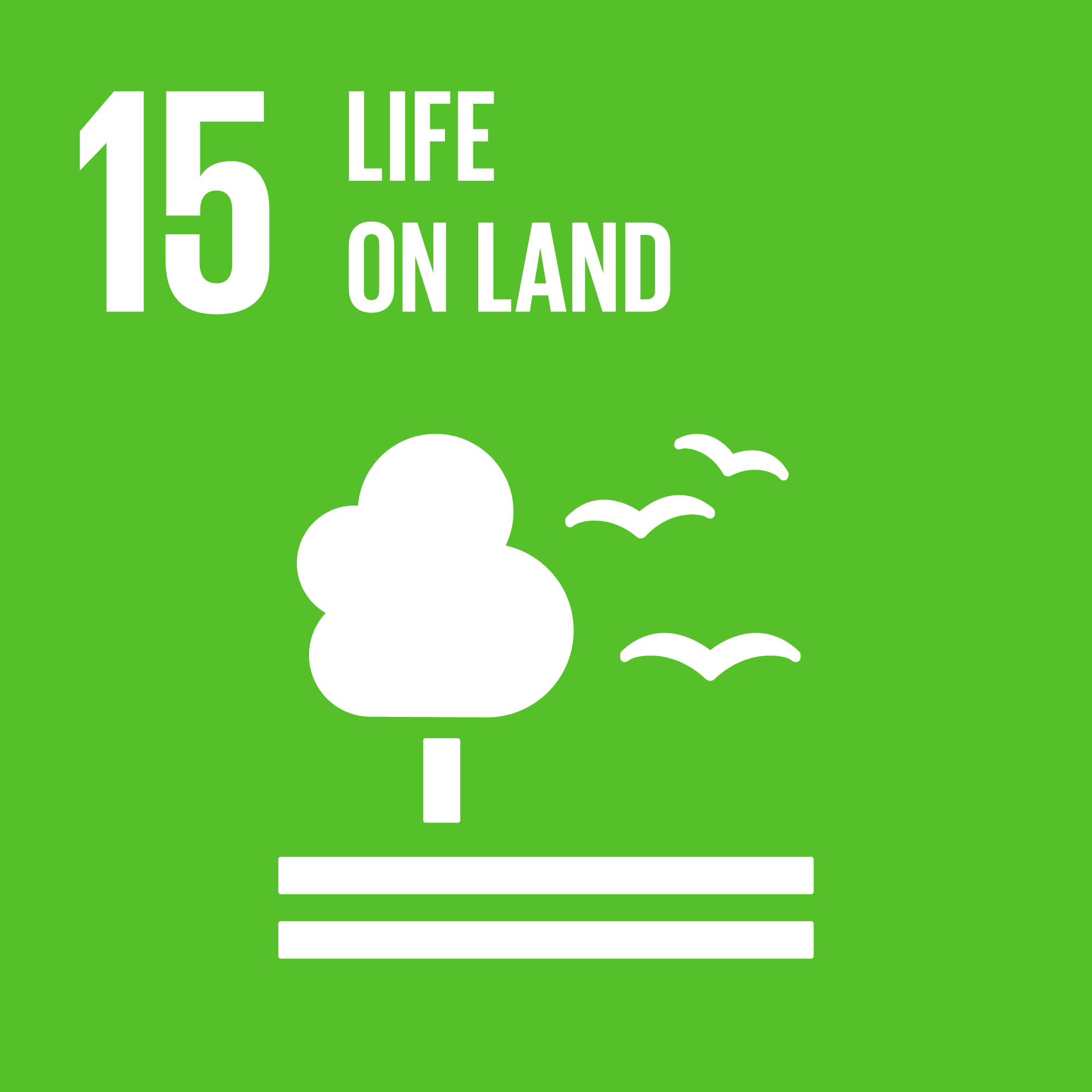Craig School of Business
Sustainable Development Goal 15: Life on Land

Fresno State is committed to environmental action both in its academic instruction and its on-campus operations. Over the years, interdisciplinary teams have collaborated at Fresno State to lead multiple sustainability-related initiatives that have benefited students and the University as a whole. In 2013, Fresno State's faculty and administration initiated a discussion to coordinate campus sustainability initiatives under a single, interdisciplinary sustainability program. Since the spring of 2018, student leaders have helped the University coordinate efforts across the University, with the overarching goal of integrating sustainability into all campus actions. Now, the University and community partners are working together to develop sustainability curricula to educate and engage with the greater community regarding water and sustainability issues and challenges in the San Joaquin Valley.
The broad vision for Fresno State's sustainability initiative is to establish Fresno State as a model for the practice, education, and research of water, agriculture and sustainability. In 2013, three geologists and two behavior analysts worked together and educated each other in an effort to promote sustainability-related research, education and practice.
Fresno State Initiatives to Support Life on Land
The mission of the Fresno State Sustainability Club is to create a conscious culture of sustainability on campus and in the community. The Sustainability Club additionally performs educational outreach activities in the community and is responsible for planning events such as Earth Day Fresno State.